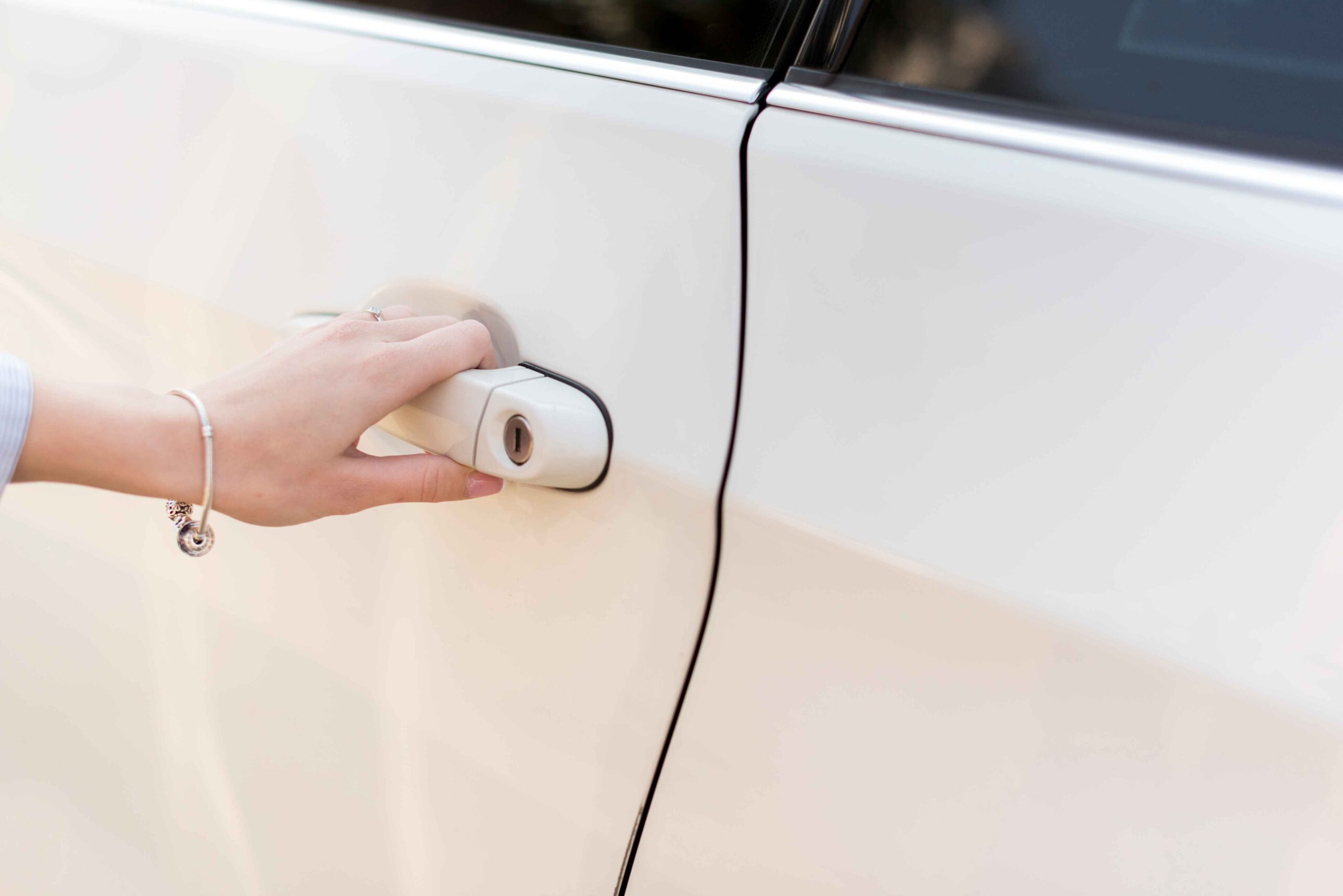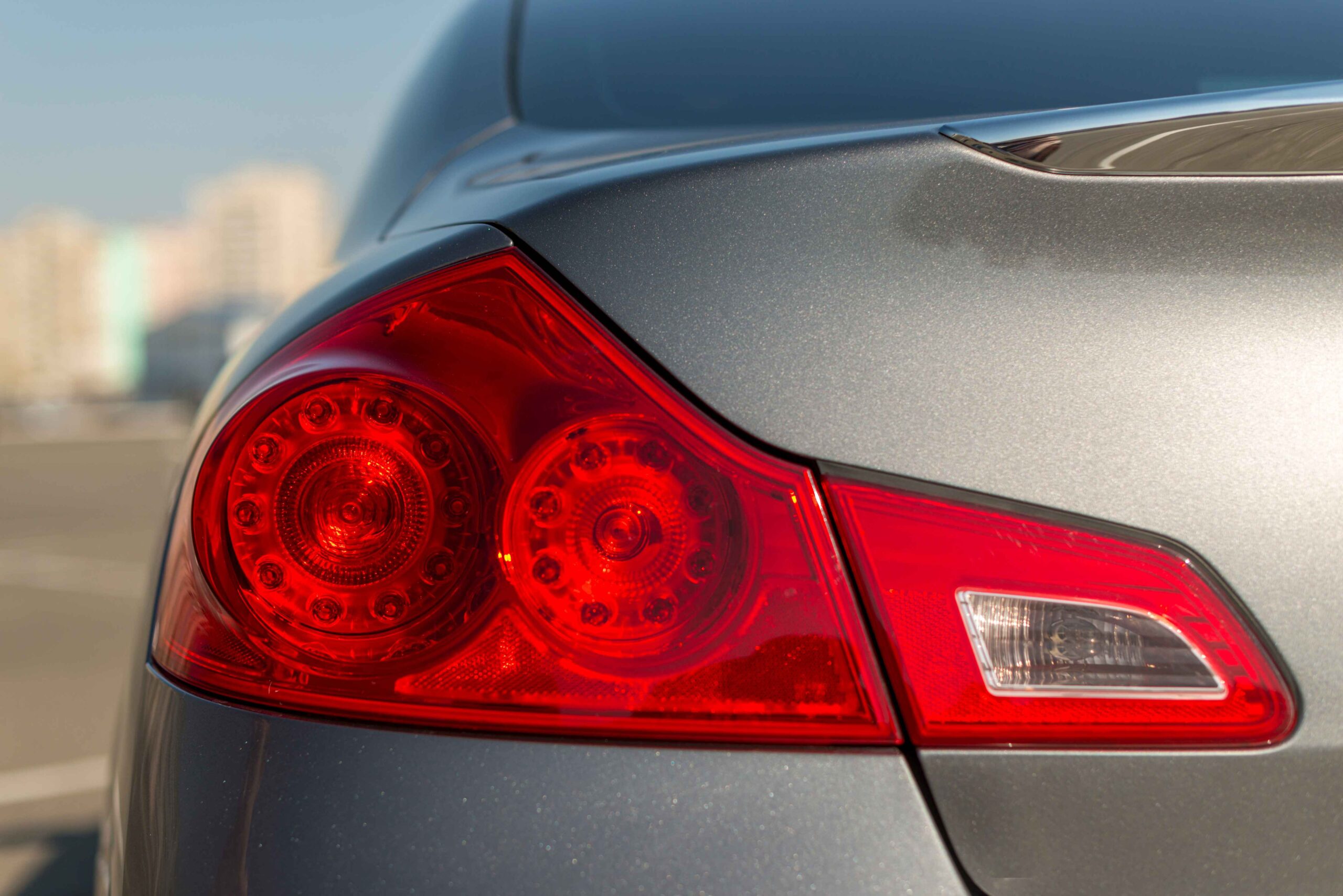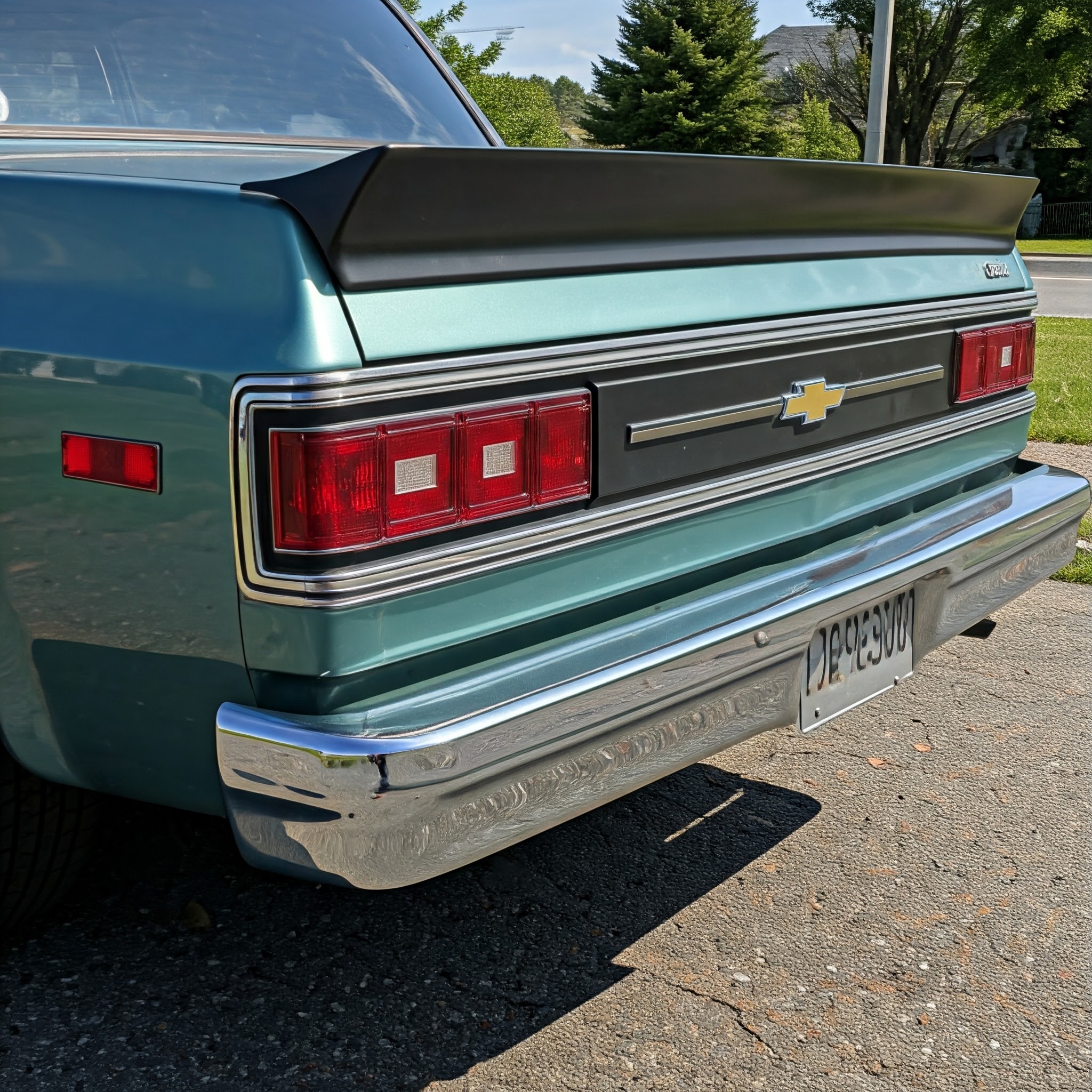The P0430 code can be a headache if it pops up on your Ford or Chevy. It’s a trouble code that points to your car’s catalytic converter not working as it should. If you’ve seen this code, you’re probably wondering what’s wrong and how much it will cost to fix it.
This issue is common, but not every fix has to break the bank. Let’s find out what this code means, what repairs might cost, and how you can solve it without wasting time or money.
What is Code P0430?
The P0430 code means your catalytic converter isn’t working properly. This happens when the catalytic converter on Bank 2 doesn’t reduce emissions as expected. Your car’s sensors pick up the problem and send the error to your dashboard.
You might notice these symptoms:
- Check engine light on.
- Poor fuel efficiency.
- A rotten egg smell from the exhaust.
- Engine performance issues.
If you’ve seen this code, don’t ignore it. It might start with small issues but can lead to bigger problems.
Practical Steps to Prevent P0430 Code Issues
Taking good care of your car can help you avoid the hassle of dealing with the P0430 code. Here’s how you can stay ahead of the problem:
Use High-Quality Fuel
Using low-grade fuel can harm your catalytic converter over time. Cheap fuel often contains impurities that create more emissions and stress the converter. To keep your engine healthy, always use the fuel type recommended by your car’s manufacturer. This small step goes a long way in preventing costly repairs.
Perform Regular Maintenance
Routine maintenance is key to keeping your car in top shape. Skipping tune-ups or delaying oil changes can lead to problems that trigger the P0430 code. A well-maintained engine runs efficiently and reduces the chances of your catalytic converter failing. Make it a habit to follow your car’s maintenance schedule.
Fix Small Problems Quickly
Don’t ignore small issues like exhaust leaks or engine misfires. These might seem minor, but they can quickly escalate and cause serious damage to your car’s emissions system. Addressing these problems early can save you from costly repairs later. Pay attention to warning signs and act fast.
Monitor Your Sensors
Your car’s oxygen sensors play a big role in tracking emissions. When they wear out, they give inaccurate readings, which can trigger the P0430 code. Keep an eye on your sensors and replace them as needed. Regular checks ensure they function properly and keep your emissions system in check.
Keep Your Engine Running Smoothly
A healthy engine is less likely to cause issues with the catalytic converter. Misfires or poor performance can lead to overheating and damage the converter. Keep your engine tuned and running efficiently to avoid unnecessary strain on the system.
How Much Does It Cost to Fix P0430 Code?
The cost to fix the P0430 code depends on the problem. Here’s a quick look at the repairs and costs:
| Repair Type | Estimated Cost |
| Catalytic Converter Replacement | $900–$2,500 |
| Oxygen Sensor Replacement | $150–$500 |
| Exhaust Leak Repair | $100–$400 |
| Engine Tune-Up | $200–$800 |
| Diagnostic Inspection | $100–$200 |
Replacing a catalytic converter is the most expensive fix. But sometimes, replacing a faulty sensor or fixing an exhaust leak can solve the problem for much less.
Did You Know?
Catalytic converters often come with an 8-year or 80,000-mile warranty. Check if yours is still covered—it could save you a lot of money.
How to Fix Code P0430 Ford Vehicles?
Fixing the P0430 Ford starts with proper diagnosis. Here’s how you can tackle it step by step:
- Inspect the oxygen sensors. These sensors monitor emissions and often fail over time.
- Check for exhaust leaks. Even small leaks can throw off sensor readings.
- Examine the catalytic converter. A clogged or damaged converter is a common cause of the P0430 code.
- Look for engine misfires. Misfires can damage the catalytic converter, leading to this code.
- Perform an engine tune-up. This ensures the engine runs smoothly, avoiding further damage.
If you’re not sure about fixing it yourself, a trusted mechanic can help. They’ll identify the problem and fix it the right way.
Fixing P0430 Chevy: What to Do?
The P0430 Chevy often signals similar issues as other vehicles but might need a Chevy-specific approach. Start by replacing faulty oxygen sensors. These sensors often wear out and give incorrect emissions readings.
Next, inspect the catalytic converter for clogs, damage, or wear. It’s a common culprit behind the P0430 code. Look for exhaust leaks, as even small cracks or loose connections can trigger the issue.
Updating the engine software is another step to consider. Some Chevy models have specific updates designed to fix emission-related problems like the P0430 code. Finally, check for engine misfires or low compression. Both of these issues can overheat and damage the catalytic converter.
Detailed Cost Breakdown of Fixing P0430 Code
Here’s another way to look at the costs for Ford and Chevy repairs:
| Vehicle Type | Repair Type | Estimated Cost |
| Ford | Catalytic Converter Replacement | $1,000–$2,500 |
| Ford | Oxygen Sensor Replacement | $200–$400 |
| Chevy | Catalytic Converter Replacement | $900–$2,200 |
| Chevy | Exhaust Leak Repair | $150–$400 |
| Chevy | Engine Tune-Up | $300–$700 |
Every car and repair shop is different, so costs can vary. Always get a professional diagnosis before making repairs.
Final Thoughts
The P0430 code is more than just an annoying dashboard light. It signals real issues that need attention, whether it’s on your Ford or Chevy. Start by diagnosing the problem. Sometimes it’s a simple fix like replacing an oxygen sensor.
Other times, it might require a new catalytic converter. Either way, acting fast can save you time and money. Need high-quality replacement parts? Visit OEM Car Parts today to find the perfect fit for your vehicle. Don’t let the P0430 code slow you down—get it fixed now!
Also Read – What does P0174 Code signify?
FAQs
It means your catalytic converter on Bank 2 isn’t working efficiently.
Repairs can range from $100 to $2,500 depending on the problem.
It’s not recommended. Driving with this code can worsen the issue and hurt your car’s performance.
Replace sensors, fix exhaust leaks, or use a catalytic converter cleaner.
Catalytic converters often have extended warranties of up to 8 years or 80,000 miles. Check your warranty to confirm.







